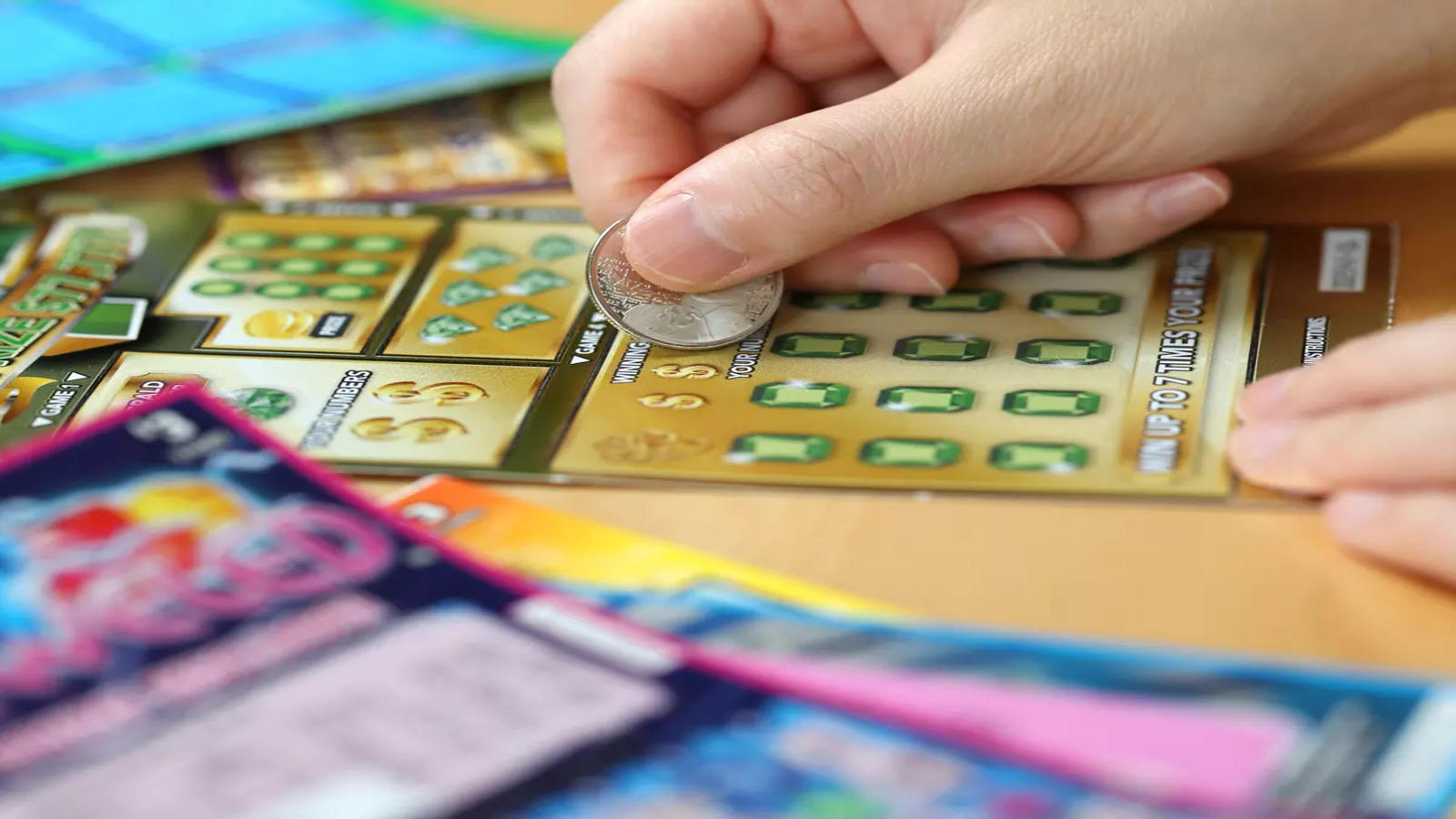Lottery wins often evoke dreams of sudden riches, turning average individuals into millionaires overnight. The allure of the lottery is universal, appealing to people from all walks of life, regardless of socioeconomic status. However, behind the glitz and glamour lies a complex interplay of psychology, statistics, and chance. In this article, we delve into the intricacies of toto macau wins, exploring why they captivate our imagination and what lies beyond mere luck.
The Psychology of Lottery Participation: Participating in the lottery is more than just buying a ticket; it’s an act fueled by hope, optimism, and the pursuit of a better life. Psychologically, lotteries tap into our innate desire for change and improvement. The mere act of purchasing a ticket ignites fantasies of financial freedom, allowing individuals to momentarily escape the constraints of reality.
Moreover, the anticipation of the draw triggers a dopamine rush in the brain, similar to the thrill experienced in gambling. This neurological response reinforces the behavior, leading individuals to participate repeatedly in the hopes of replicating the euphoria of a potential win.
Understanding Probability and Chance: Despite the overwhelming desire for a lottery win, the reality is that the odds are often stacked against participants. The probability of winning the jackpot is typically astronomically low, with odds ranging from millions to one. However, the allure of the prize distorts perception, leading many to underestimate the true improbability of success.
Furthermore, the concept of “availability heuristic” plays a significant role in fueling participation. When individuals witness or hear about someone winning the lottery, it becomes more accessible in their minds, leading them to overestimate their own chances of winning.
Financial Implications and Behavioral Economics: Lottery wins, while rare, can have profound financial implications on winners and society as a whole. Research suggests that a significant portion of lottery winners experience financial mismanagement or even bankruptcy within a few years of their windfall. This phenomenon, known as the “lottery curse,” highlights the importance of financial literacy and planning.
Moreover, the allure of instant wealth can exacerbate impulsive spending behaviors, leading winners to indulge in lavish lifestyles without considering long-term consequences. Behavioral economists argue that the perceived utility of money differs between sudden windfalls and earned income, leading to irrational decision-making patterns.
Conclusion: Lottery wins symbolize the ultimate triumph of chance over logic, captivating millions with the promise of a life-altering prize. However, behind the glittering facade lies a complex interplay of psychology, probability, and behavioral economics. While the allure of the lottery remains potent, understanding the underlying mechanisms can empower individuals to approach participation with a more informed perspective.
